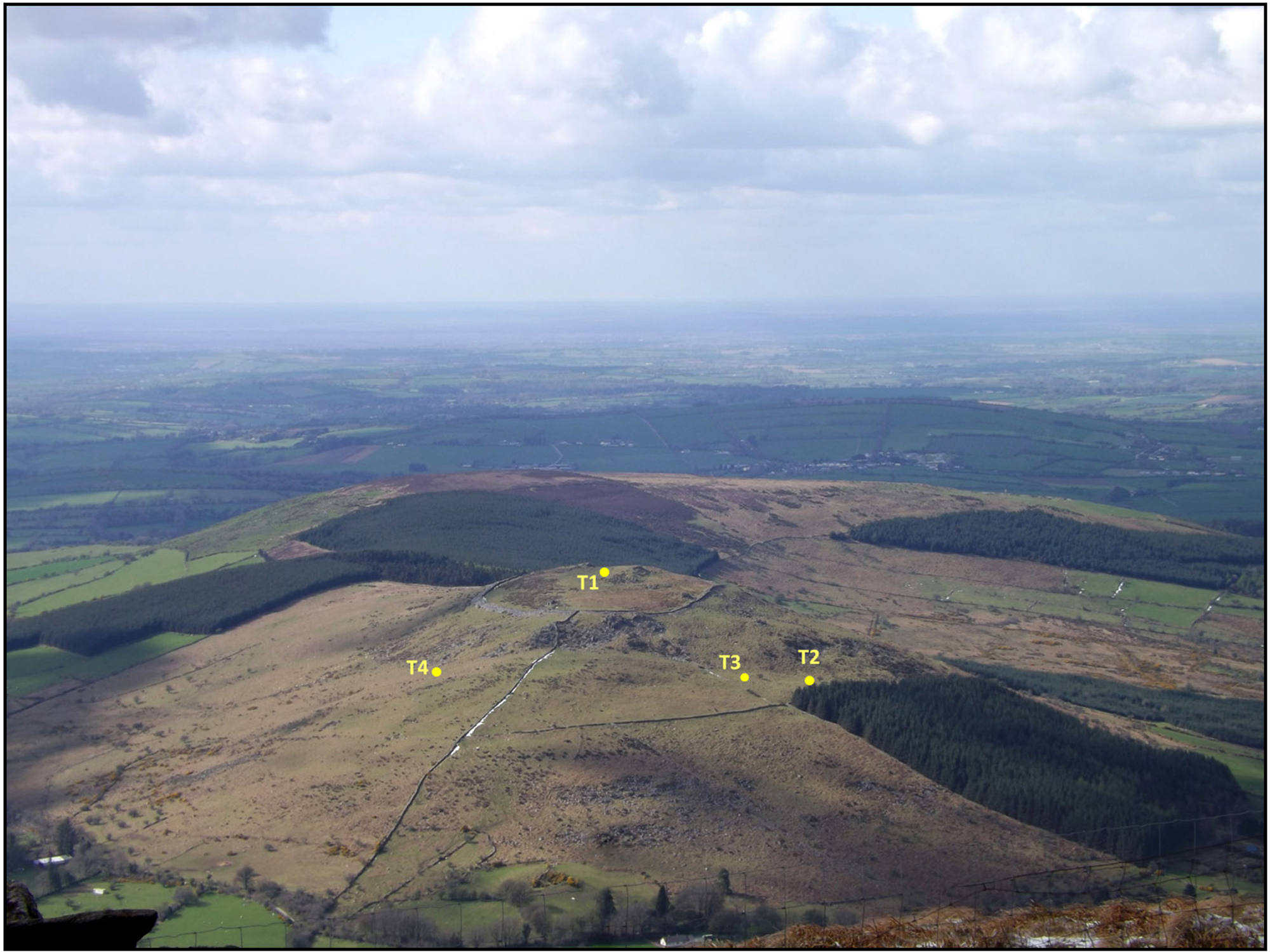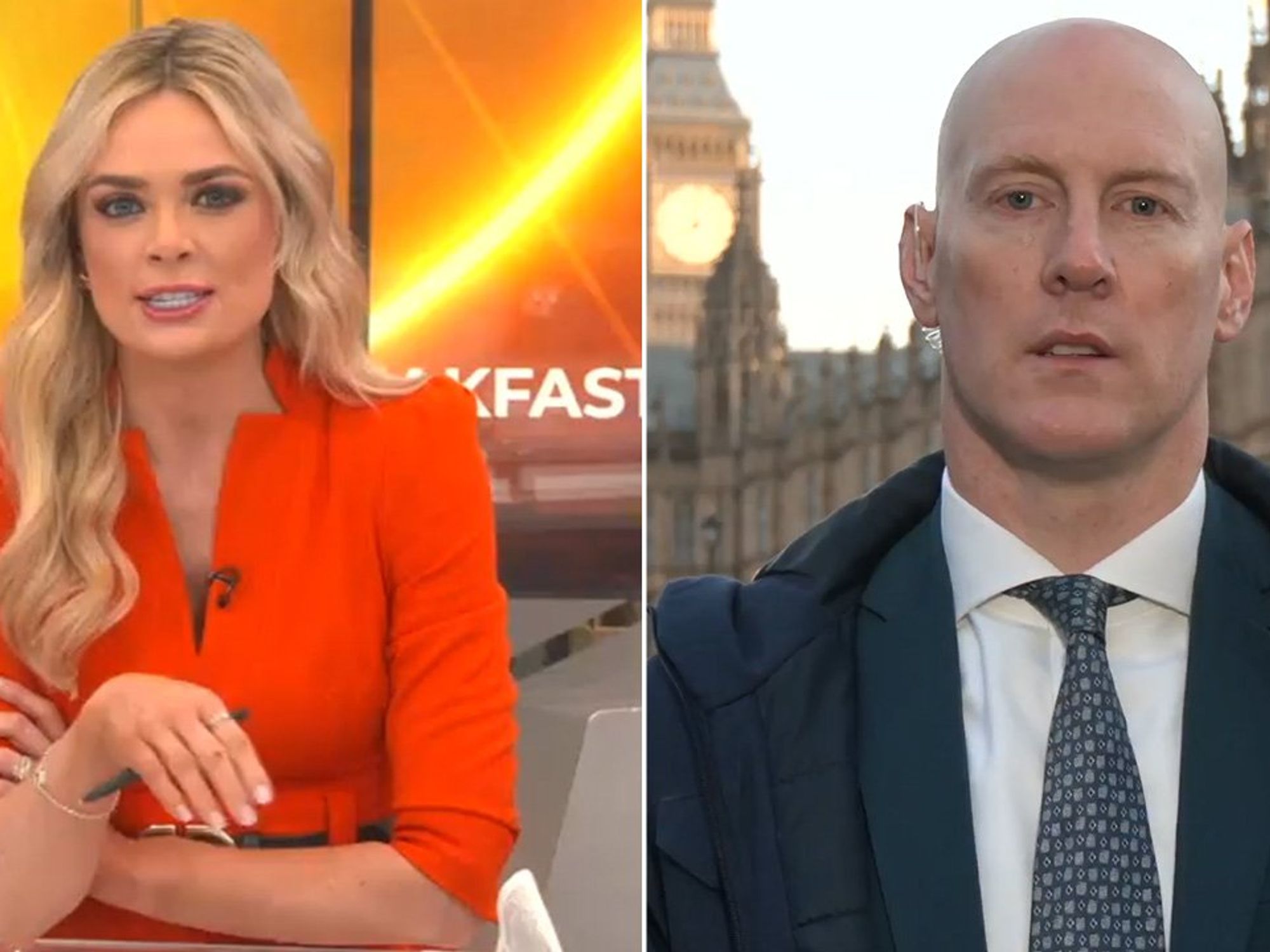'Jess Phillips’s preferential treatment in A&E revelation is scandalous and needs a thorough investigation' - Gary Mond

Gary Mond is Chair of the National Jewish Assembly
|GARY MOND | PA
Gary Mond is Chair of the National Jewish Assembly
Don't Miss
Most Read
Latest
The past few days have been horrendous for Jews all over the world, and British Jews are no exception.
The barbaric murder of six wholly innocent Israeli civilians by Hamas terrorists, in cold blood and after they had spent almost eleven months in captivity, has stunned Jews of all political and religious persuasions everywhere.
While Jews are divided regarding the war in Gaza and the pursuit by the Israeli government of a hostage deal, with its prime minister Benjamin Netanyahu being condemned by many for not agreeing to cede enough to Hamas’s demands but strongly supported by others, the levels of concern caused by these events have had profound effects on the British Jewish community.
Yet here in the UK, in the past week, two other matters have come to public attention which might be regarded as relevant to the Jewish community.
Both have been written about by GB News – the first relates to the amazing declaration by Home Office minister Jess Phillips that she received preferential treatment at an A & E department because a Palestinian doctor recalled that she voted for a ceasefire in Gaza.
The second is about a tweet from Esther McVey, a Conservative MP supporting Robert Jenrick for the Tory leadership, where she compares the proposed ban on smoking to a Holocaust-relevant quote from Martin Niemoller.
Jess Phillips’s revelation, for which she offered no evidence, was startling to almost everyone.
Indeed, if it is true, it is scandalous and needs a thorough investigation. The matter simply cannot be left to lie.
Those in the Jewish community who heard about it have shuddered.
Why? Because favourable treatment for someone who identifies with the Palestinian cause can often mean unfavourable treatment for anyone who might be pro-Israel.
We have already seen, earlier this year, an incident at the Royal Manchester Children’s Hospital where a Jewish boy was allegedly maltreated, being made to lie on the floor, and there have doubtless been other cases that did not get into the public domain.
For many Jews, the similarities with Nazi Germany are growing.
An investigation is needed.
Yet one other issue about this story stands out. What exactly motivated Jess Phillips to publicise such a horrendous state of affairs, true or not?
A responsible government minister would have stayed silent in public and initiated an inquiry immediately.
So, one must wonder about her actions. Did she want to truly publicise this controversy? Or is she virtual signalling to the public that, if they show their pro-Palestinian sympathises (maybe bringing a Palestinian flag with them when they visit an A & E) they will be seen more quickly by a doctor?
The mind boggles. Yet one thing is certain. Incidents like this are frightening for British Jews.
The Esther McVey tweet, however, is an example of something totally different.
McVey is being criticised for her reference to Martin Niemoller’s poem as trivialising the Holocaust.
Yet as someone whose grandmother and two aunts were murdered by the Nazis, and who is staunchly opposed to fraudulent Holocaust comparisons, I can say that she has done nothing of the sort.
Yes, Niemoller’s poem relates to the Holocaust. However, it was designed to get people to think about the consequences of being silent in the face of injustice, especially government-inspired injustice.
McVey’s rebuttal makes this abundantly clear.
One can debate whether the smoking ban represents the start of government persecution and cancellation of freedom – one can argue either way on that point. Yet her comment does not, as she rightly says, seek to pervert the memory of the Holocaust, an event which was unique in evil in the history of mankind and utterly incomparable.
Yet there is much more to this than meets the eye. Who are McVey’s critics? Those on the political left. Wes Streeting is the Labour government’s Health Secretary. Rabbi David Mason, while being well respected in the Jewish community, is nevertheless a Labour Party activist. Of the five honorary officers of the Board of Deputies, which has described McVey’s tweet as “repugnant”, four of them are or have been active in the Labour Party.
Furthermore, in past years, the Board of Deputies and others (including the supposedly politically neutral APPG on antisemitism, for whom the Board of Deputies has provided secretarial services) have condemned conservative (note the small c) politicians over similar remarks.
Former Tory MP Miriam Cates was attacked for using the expression “cultural Marxist” which the political left regards as antisemitic, but conservatives treat much more literally.
Suella Braverman has also been similarly criticised. Nigel Farage and others have been attacked for using the word “globalist”, a term the left regard as antisemitic whereas it should be merely classified as an expression of political leanings (like socialist, liberal, conservative, nationalist etc.)
Unlike the Jess Phillips issue, this matter will not concern British Jews.
It is also noteworthy that while the Board of Deputies has attacked McVey, it has been silent about Phillips’s remarks.
It is to be hoped that, in private, the Board will use its good relations with Phillips (she is one of a very limited number of politicians given the honour of speaking to the Board of Deputies at one of its plenary meetings in recent years) to ask her to clarify her remarks and calm the nerves of the Jewish community.
In summary, antisemitism and threats to the Jewish community need to be called out, and indeed wiped out, wherever they occur. Making a wholly debatable issue into an alleged attack on the Holocaust’s memory – and hence on Jews – is totally wrong.
It is nothing more than an attempt to weaponise antisemitism against conservatives.










